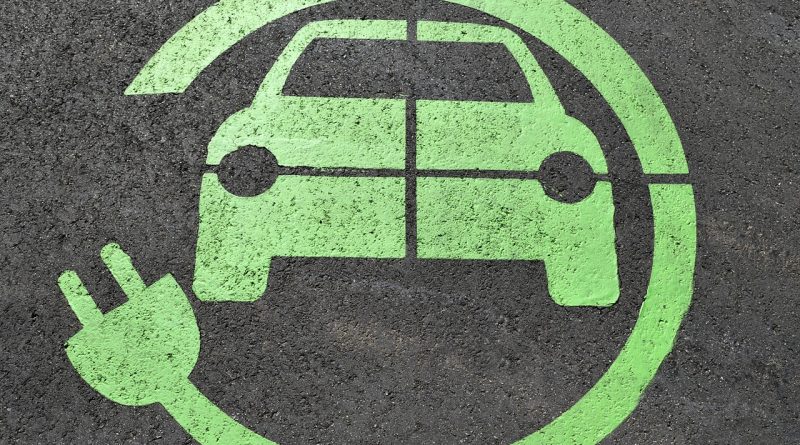New Nissan Leaf to Enter Electric Car Market
Nissan Motor Company recently made an exciting announcement regarding its future automobile lineup. Their small four seat electric hatchback, unveiled as the Nissan Leaf, is set to hit the market in 2010 and become one of their standard production vehicles by 2012. Final prices for the vehicle have not been released, but expensive battery technology may cause the car to be rather pricey. Nissan Chief Executive Carlos Ghosn has stated that their hopes are to bring the price of the Leaf in line with other standard vehicles of similar size.
The Japanese automaker has high hopes for its entry into the electric vehicle market. Ghosn said that he believes fully electric automobiles will represent approximately 10% of the global fleet by 2020. Nissan executives have decided to make a very aggressive push into the electric vehicle market to show consumers their dedication to alternative technologies and promote a reduction of harmful emissions. The Leaf represents all of their hopes for the future of automobiles.
In addition to the ability to conserve fuel, the Leaf also provides a zero-emission alternative to the standard fossil fuel burning vehicles. When running solely from electric charge, the car itself will not emit any harmful substances into the environment. Nissan expects the car to reach a top speed of around 80 miles per hour and would have a range of approximately 100 miles per charge. This distance will meet the needs of nearly 80% of the world’s commuters.
The Leaf utilizes technology very similar to that of the Chevrolet Volt. A standard plug adapter is used to charge the Leaf’s lithium ion batteries while the vehicle is parked overnight. A typical charge may take anywhere from 4 to 6 hours. The electric engine is the primary form of propulsion in the small hatchback. In addition to the electric motor technology, the Leaf will also have a gasoline combustion engine that will switch on to assist in the charging of the lithium ion batteries. Regenerative braking also contributes to keeping the electric engine powered. With regenerative braking, energy from applying pressure on the brakes is captured and stored in the car’s batteries. Just like a majority of hybrids and electric vehicles, the Leaf’s engine will automatically shut off when the vehicle is stopped. This helps conserve energy and fuel that is typically wasted while idling.
With a look that appeals to a slightly different niche than the Volt, the Nissan Leaf should be a very successful entry into the electric auto market.


